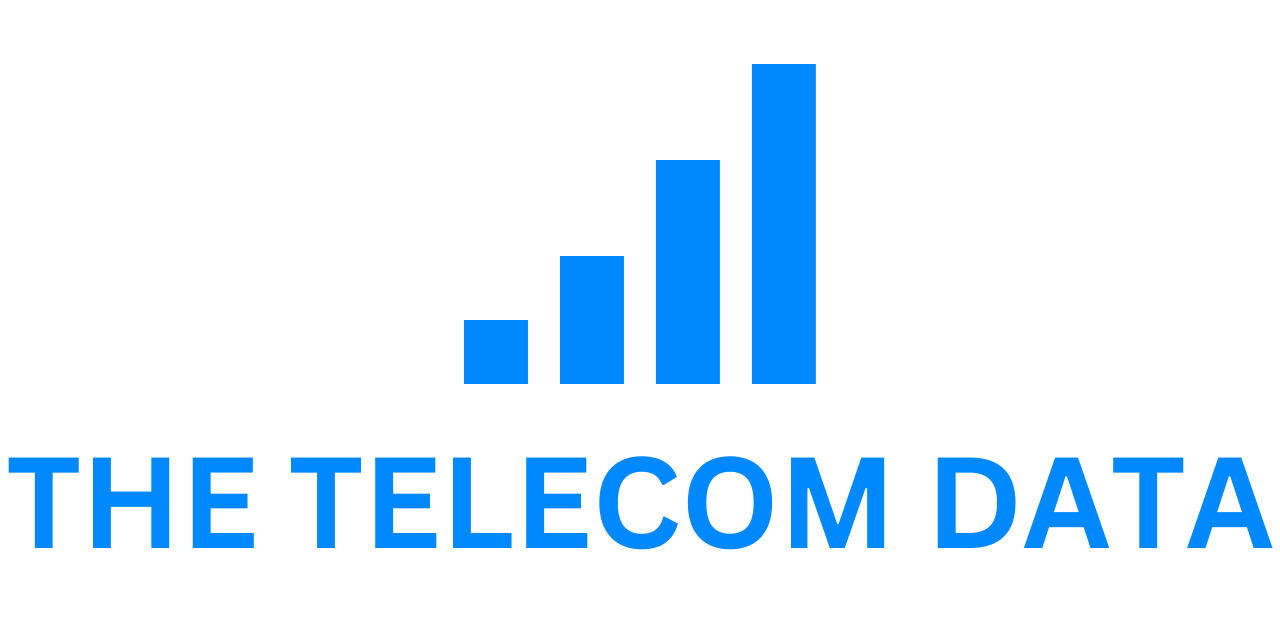
The increasing demand for scalable, cloud-based enterprise applications, driven by the rise of AI, has led to significant growth in the enterprise software market. According to a new report by Futurum Intelligence, the global enterprise software sector is expected to exceed $430 billion in revenue by 2028, with CRM, ERP, and CCaaS/UCaaS experiencing the fastest growth rates.
The Enterprise Applications State of the Market Study offers a comprehensive analysis of the enterprise software landscape, based on input from over 150 leading vendors across 12 market segments. The study covers a broad range of application categories, including BI, Analytics, CCaaS/UCaaS, Content Management, CRM, Data Management, ERP, HR, and more. Notably, cloud-based platforms for front-office applications have seen rapid expansion due to the digital transformation of businesses and the need for integrated customer-centric solutions.
Key findings from the study include:
- SaaS Adoption: The study predicts SaaS deployments will see the highest compound annual growth rate (CAGR), reaching $349 billion by 2028. This growth is largely attributed to the surge in cloud offices, the use of AI and ML for automation and analytics, and the increasing popularity of usage-based pricing models.
- CRM Dominance: CRM applications continue to be the largest segment in enterprise software, with a market value of $48 billion. Cloud-based solutions, AI-driven customer experiences, and analytics integrations have been major factors driving this growth.
- Financial Services & Insurance Lead Spending: The Financial Services & Insurance sector represented the largest vertical in the market, valued at $36 billion in 2023. This growth is driven by the increasing adoption of digital banking, mobile payments, and the regulatory requirements of digital finance.
- Regional Growth: North America is expected to experience the highest growth rate, with an anticipated value of $251 billion by 2028, fueled by the adoption of AI, ML, and customized solutions. In contrast, Latin America will experience minimal growth, with a forecasted CAGR of just 0.1% due to political instability, inflation, and limited investment in new technologies.
The report also highlights how businesses must now select enterprise platforms based on specific needs such as integration, scalability, or industry-specific features. While large enterprises tend to favor established vendors like Salesforce, Microsoft, and Oracle, SMBs are increasingly turning to platforms like HubSpot and Zoho.
Deepak Surana, Chief Product Officer at Futurum, noted, “With the rapidly evolving tech landscape, businesses need to make careful choices when selecting enterprise applications. The leading vendors remain highly competitive in large-scale deployments, while more flexible solutions cater to the needs of smaller businesses.”
For a deeper dive into the market forecast, trends, and insights, visit the full report at Futurum Group.
Methodology
Futurum’s market size calculations are based on revenue from the direct sale of seat licenses, perpetual licenses, and consumption-based pricing models. Partner-generated revenue and professional services were not included. The study uses a conservative approach to avoid double-counting revenue across product segments, ensuring a reliable forecast based on industry growth and economic projections.
About Futurum Intelligence
Futurum Intelligence’s Enterprise Application IQ service provides actionable insight from analysts, reports, and interactive visualization datasets, helping leaders drive their organizations through transformation and business growth.
At Futurum Intelligence, analysts, researchers, and advisors help business leaders worldwide anticipate tectonic shifts in their industries and leverage disruptive innovation.
Unlike traditional analysts, The Futurum Group works not only in analysis and research but also takes that insight and knowledge even further, engaging all the way through the go-to-market process. Futurum Research provides in-depth research and insights on global technology markets using advisory services, custom research reports, strategic consulting engagements, digital events, go-to-market planning, and message testing







